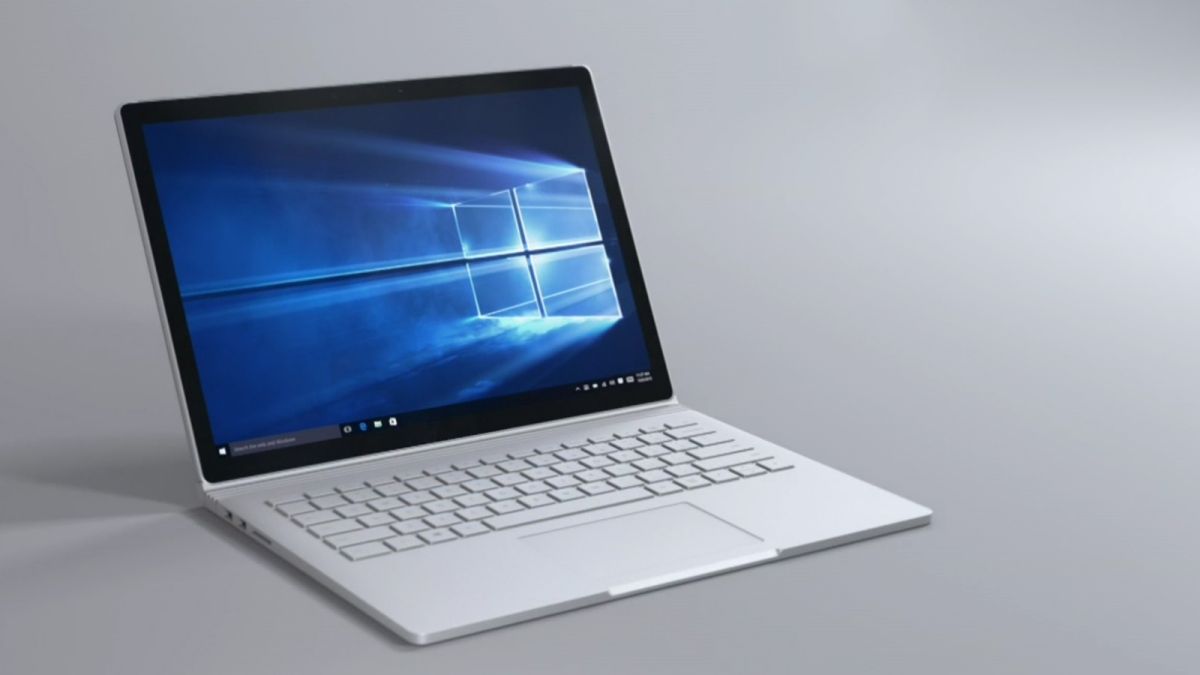Microsoft Surface Book: Genius master stroke or too little, too late

It was Microsoft’s “one more thing” moment, the very instant when Panos Panay, the company’s corporate VP for Surface computing, unveiled Microsoft’s first notebook, the Surface Book, one that it calls, the “ultimate laptop”.
And it is an absolute beast of a machine, one that has a finish to match with Google’s Chromebook Pixel and Apple’s MacBook Pro series. It won’t come cheap however, with a starting price of $1,499 for the base model in the US (based on previous trends, around £1250 in the UK).
From its Yoga Pro 3 like hinge (Microsoft calls it Dynamic Fulcrum) to that 3000×2000-pixel, 13.5-inch touchscreen display, the Surface Book is likely to be critically welcomed by reviewers for its looks and specs.
However, Microsoft will have to strike a careful balance between its needs and those of its OEM partners, all of whom will cringe at the idea of getting yet another competitor on their patch.
A formidable adversary
And what a rival it will be: Microsoft has three distinct advantages over them: hardware is not its primary source of revenue (i.e. it can still make a very thin margin on that), it can fine tune the hardware further than its partners since it owns the OS and lastly, Microsoft doesn’t put bloatware on any of its systems.
Fortunately for them, the fact that the Surface Book is priced so high means that it may be pitched as a halo product with less pressure to generate sales figures; this is more of a statement to the market, a stick for its partners, rather than a “pile high, sell low” product.
That said, the recent announcement by Microsoft that it would partner with HP and Dell to sell Surface product to enterprise customers could herald a new era where Microsoft would be in a position to provide both the hardware and the software to its partners, leaving them to act as giant system integrators.
A new era
That is essentially what Apple has enlisted IBM to do with its own product portfolio, leaving Big Blue to worry about the intricacies of making Mac OS X work with, say, IBM Notes, but still managing fat margins on its own hardware.
Microsoft knows that an integrated ecosystem works better, Apple being the proof. If it means that some OEMs will get hurt in the process, so be it as it ensures the survival of the company.
At the end of the day, the likes of Dell, Lenovo or HP have nowhere to go since they don’t own the operating system; Samsung, Sony or HTC are in a similar situation with Google’s Android. Sure, they will probably moan and groan, but not one of them will even consider switching to Chrome OS or Ubuntu.
And Microsoft knows it pertinently well.
- Check our review of Windows 10
- Read more about Windows 10 migration on our sister website, ITProPortal.com